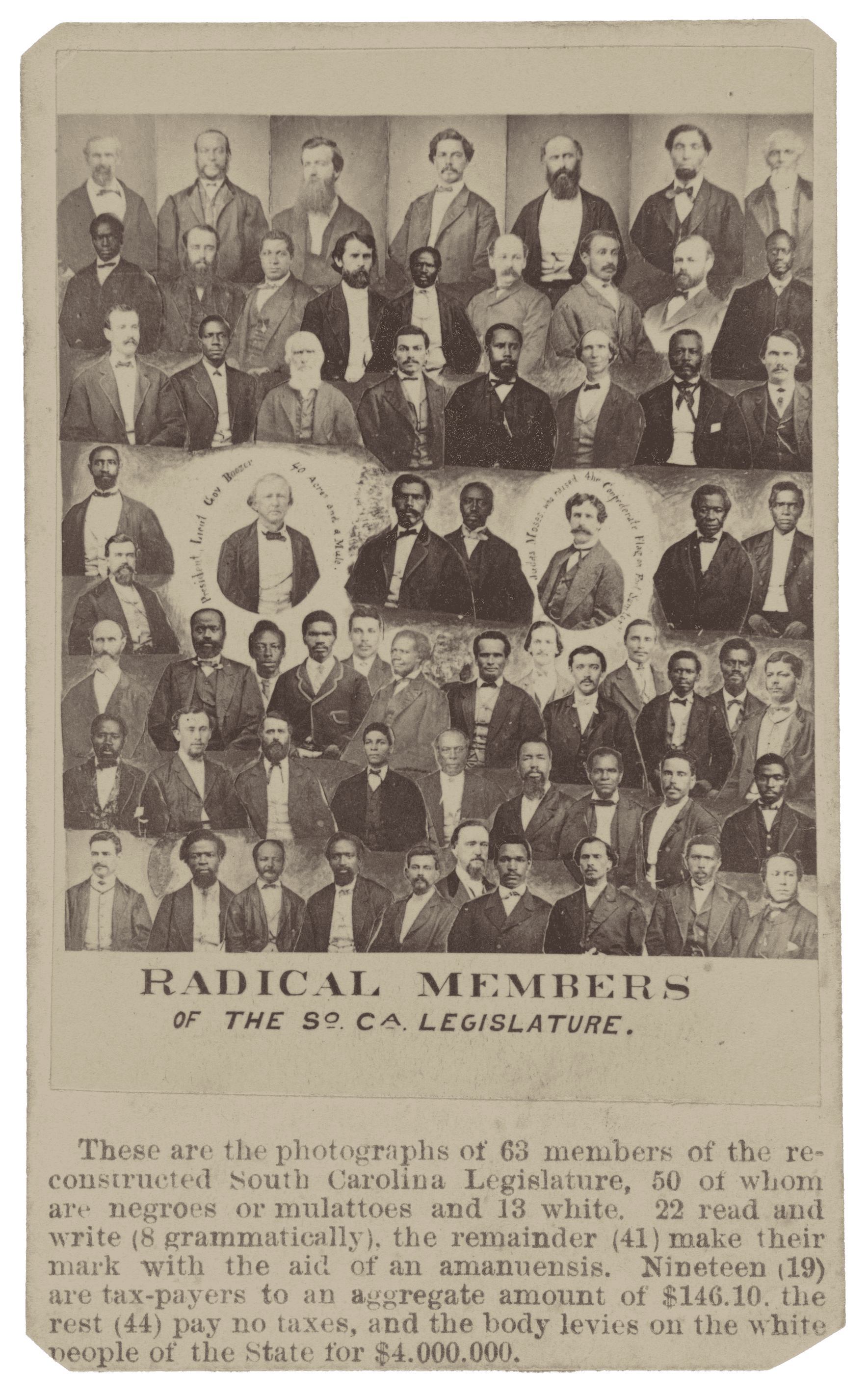Voter Suppression and the 15th Amendment
The right of citizens of the United States to vote shall not be denied or abridged by the United States or by any State on account of race, color, or previous condition of servitude.
15th Amendment to the U.S. Constitution, 1870
Suppressing the Vote
Since the 2008 election of President Barack Obama, states across the nation have passed laws that place restrictions on voting. Such laws, which include voter ID requirements and limits on early voting, disproportionately impact African Americans and other racial minorities, as well as young and elderly voters, people with lower incomes, and people with disabilities. Legal protections that guaranteed voting oversight were deemed unconstitutional in 2013 when the U.S. Supreme Court struck down a key portion of the 1965 Voting Rights Act.
Changes to Voting Laws
Stacey Abrams speaks to supporters in Atlanta on election night, November 6, 2018
In the case of Shelby County v. Holder (2013), the U.S. Supreme Court ruled that sections of the Voting Rights Act of 1965 were unconstitutional. These sections had previously required states with a history of discriminatory voting practices to obtain permission from the U.S. Attorney General before making changes to voting laws. After the ruling, states across the South began passing more restrictive voting laws.
Passed in 2021, Georgia’s Senate Bill 202 gives state officials the power to override county election boards, places restrictions on absentee voting and ballot box access, and prohibits people from handing water to voters waiting in line at the polls.
No Elections in Newbern, Alabama
In 2020 Patrick Braxton ran for mayor of Newbern, Alabama, and won by default. He was the only candidate to file paperwork because there hadn’t been an election in Newbern in over 60 years. The town’s previous mayors either inherited the position or were appointed, each serving between 12 and 44 years in office. Haywood Stokes III, who inherited the position from his father, was mayor from 2008 to 2020.
After Braxton was sworn in, Stokes removed all city records from city hall and later locked down the building to prevent Braxton from taking office. Black residents who support Braxton have been threatened, and some have had their homes destroyed by fire. Braxton filed a lawsuit in 2022.
Featured Video
Locked out of City Hall
Patrick Braxton discusses how he’s been prevented from taking office after being elected mayor in Newbern, Alabama. Newbern residents give their opinions on the situation and share.
Let’s be clear: voter suppression is real. From making it harder to register and stay on the rolls to moving and closing polling places to rejecting lawful ballots, we can no longer ignore these threats to democracy.
Stacey Abrams, 2019
Political Power: The 15th Amendment
After the end of slavery, African Americans understood the importance of civic power. They fought to secure and exercise their civil rights.


